At the beginning of the year, I gave a talk with my friend Gonçalo Ferraz at a Design student conference about the future role of the professional designer. We envisioned a big leap in design practice, moving from designing products to designing processes.
Going further than Service Design and Co-design approaches, we expect that people themselves will design and redesign the services they need without any reliance on expert designers. That’s precisely what is happening on the streets right now.
Africa didn’t have widespread banking services or wirephone networks. The infrastructure is too costly for their current economy. Mobile communications are much cheaper, and soon after its introduction, Africans started creating new services based on it. In a small village, one guy bought a pre-paid phone and offered it to the community, charging for its usage. Community phone booths spread fast.
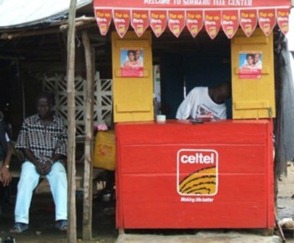
Then, Africans started experimenting with transferring money to distant relatives using the pre-paid phone cards. You buy a code, send it to the destination phone booth, and the clerk exchanges the code for money. That was the first m-banking solution in Africa, created by users themselves. It took a while for companies to notice the opportunity and launch official systems like M-Pesa.
To discover such opportunities, big IT companies started to employ designers to go out on the streets and figure out what to do next. The Design Ethnography goal is to describe consumer behavior and create product concepts in the field.
That’s a big change in design practice because today, most of them are done inside offices, in a very different context where designed products are meant to be used. Even when there is some attempt to get the use context, it’s an insider approach: call the user for some usability tests or focus groups, create some pretty persona, and fix findings on office walls—just plain User-Centered Design.
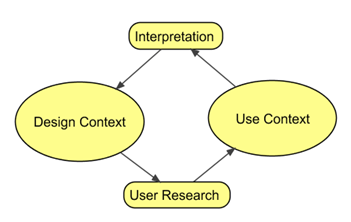
Ethnography requires designers to go out of their offices and get deep into use contexts. They can better understand people’s motivations, real task flows (not ideal ones), eventual problems, and ad-hoc solutions. All those findings contribute to a much more informed design creativity. As the first ethnographies made armchair anthropologists obsolete, Design Ethnography challenges office designers’ efficacy.
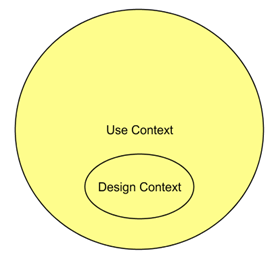
Still, the designer designs products within the ethnographic approach, and the user uses them. They are closer now but remain distinct.
A big claim of the Free Design movement is to liberate design from the designer. Design must be known and practiced by everyone, even those who don’t have any formal training in it. This doesn’t mean that there are no roles for professional designers. Experts will be needed even more when people start figuring out the usefulness of design processes. Then, designers can finally focus on what they are good at: not on attractive products, but on creative processes.
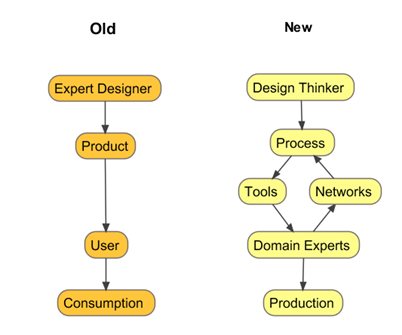
The design thinker is not an expert in any design specialization (Graphic, Product, Interaction, etc.). He has a broad range of interests, but he focuses on thinking about design processes and how to improve them for better efficiency, learnability, and extensibility. Eventually, designers design tools that embed or support those process. Those tools help domain experts access or create networks that is always changing, that’s why process need constant revision.
Famous design ethnographer Jan Chipchase commented on the African grassroots mobile payment system: ”If that kind of thing can naturally organize, what role do we have as designers?” For us, the answer is clear: design processes, tools, and networks to support grassroots innovation.
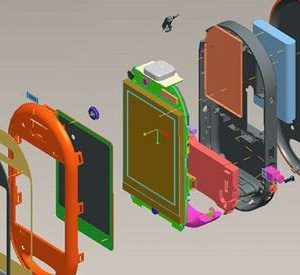
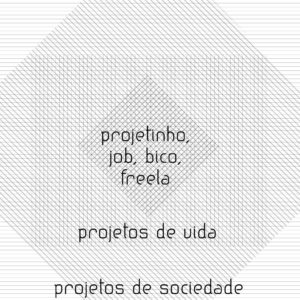
Very interesting article.
I’m also wondering about the role of designers in the next paradigm and maybe conduct a phd on this subject; thus I note carefully your answer :)
And strongly agree with the principle of designing “a tool that enable people” rather than a product itself (as my brother said, finishing to convince me, in his case of webdev he don’t make sites but custom wordpress plateforms; and now I’m openning some fablabs for my master thesis^^)